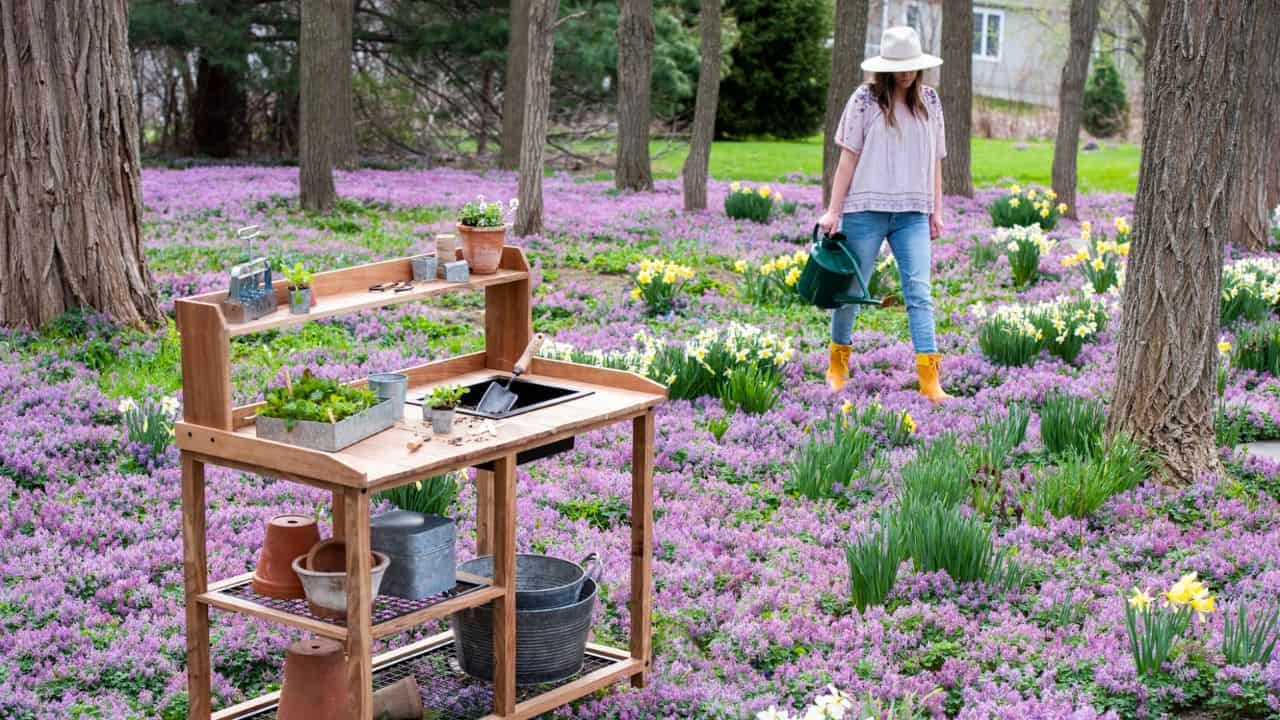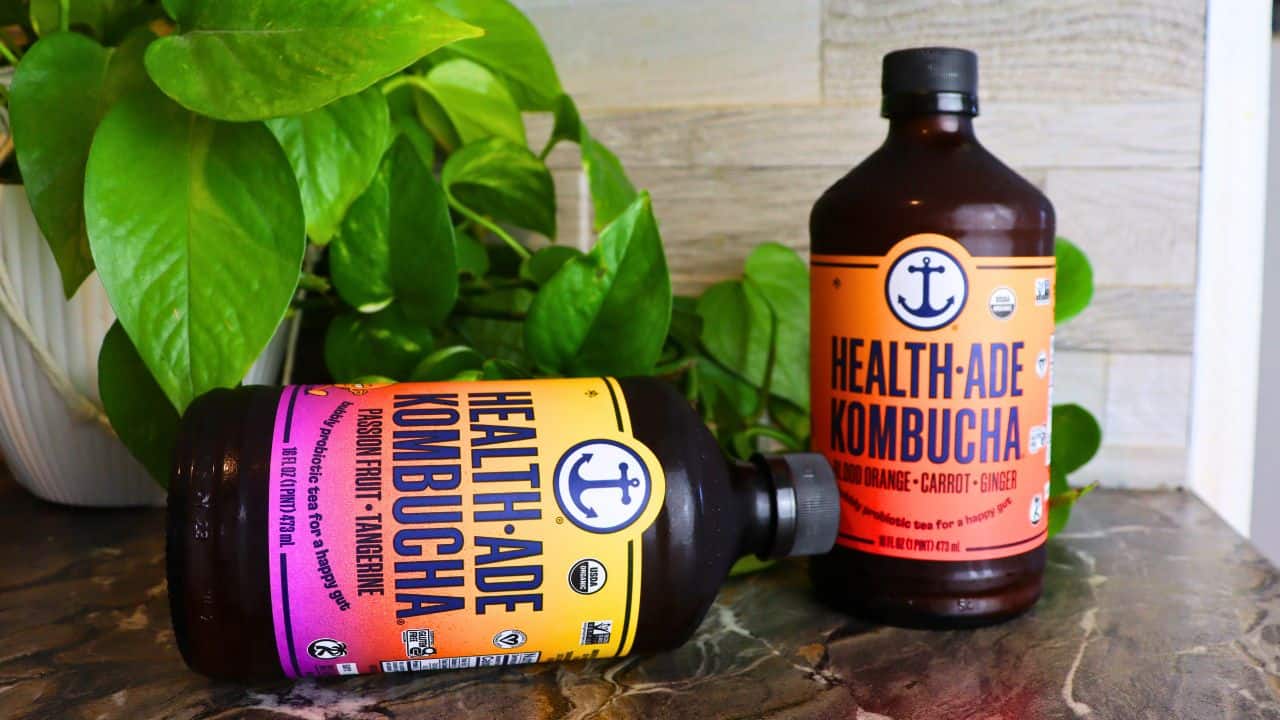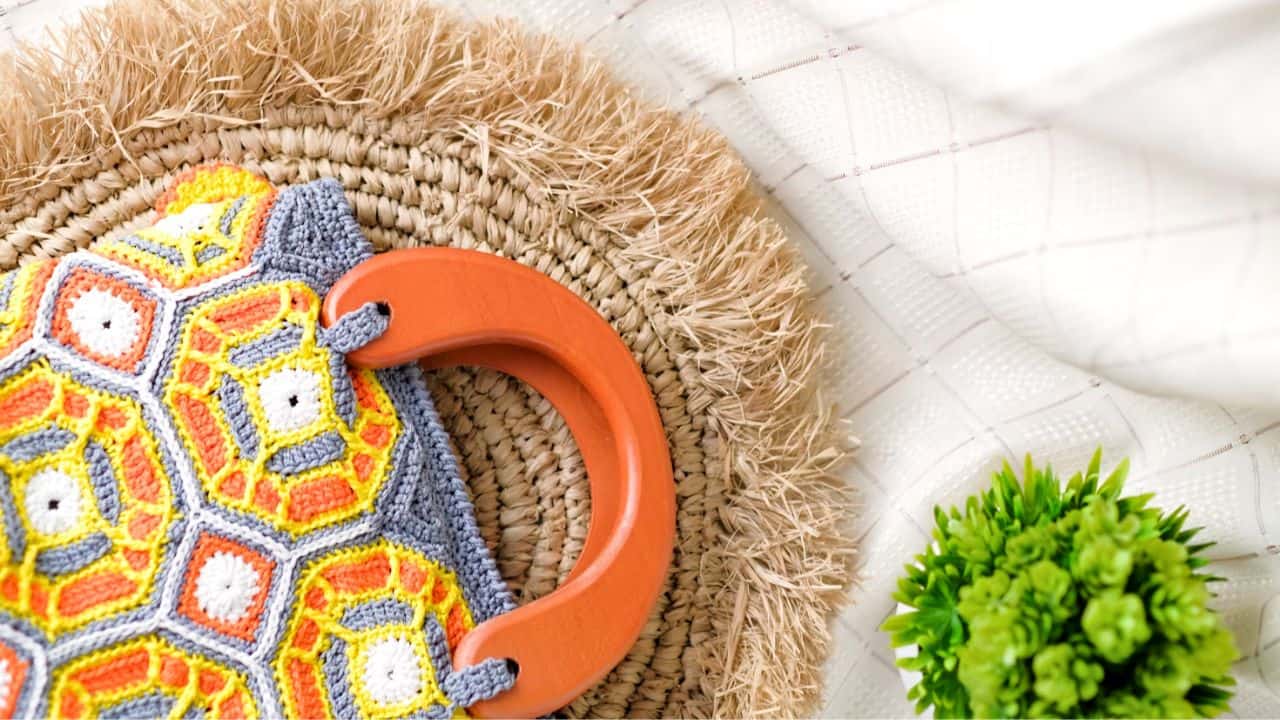Over 250 million people have taken part in plastic free pledges over the last few years during Plastic Free July.
What is Plastic Free July?
The month long plastic free challenge started in Australia back in 2011 but now stretches to millions of participants in over 200 countries.
There’s plenty of help and advice whether you’re a plastic free beginner, or if you’re an old hand needing some new inspiration.
Recognising that going plastic free isn’t as simple as it was last year, and with restrictions around reusable cups and bottles and so on in place for many of us, we’ve come up with 12 ways you can STILL go plastic free, from simple swaps to campaigns you can take part in.
pebble magazine’s mission of #EverydayActivism is about celebrating what you can do at home – rather than giving up on a global issue that feels overwhelming.
Let us know in the comments below how you’re doing Plastic Free July and how many of our suggestions you’re doing!
12 Ways To Still Do Plastic Free July
1. Get rid of the plastic in your period
According to City To Sea, around 2.5 million tampons, 1.4 million pads and 700,000 panty liners are flushed every single day here in the UK!
This is a single use plastic issue you can tackle every month at home.
There are a huge number of plastic free (and organic) tampon brands like TOTM or use Plastic Free July to give you the push to try reusable periodwear like Wuka or invest in a menstrual cup, which are made of silicone.
It’s thought that a menstrual cup is estimated to create 0.4% of the plastic waste compared to tampons and pads over a span of 10 years.

2. Don’t send flowers wrapped in plastic
This year has been tough for everyone and sometimes you want to surprise loved ones with something to make them smile. It doesn’t mean you have to accept single use plastic.
Arena Flowers have been awarded the title of ‘UK’s most ethical florist’ for the past six years.
They removed all single-use plastics from their products back in 2017, plant a tree every time they receive an order and consequently have become a 100% carbon-neutral workforce.
Arena Flowers’ packaging is made from their growers’ waste making it organic, recyclable and compostable, meaning they are the world’s first closed-loop waste system for flowers.
They offer a range of fresh, seasonal, ethically sourced and utterly stunning hand-tied bouquets, plants and subscription flowers.
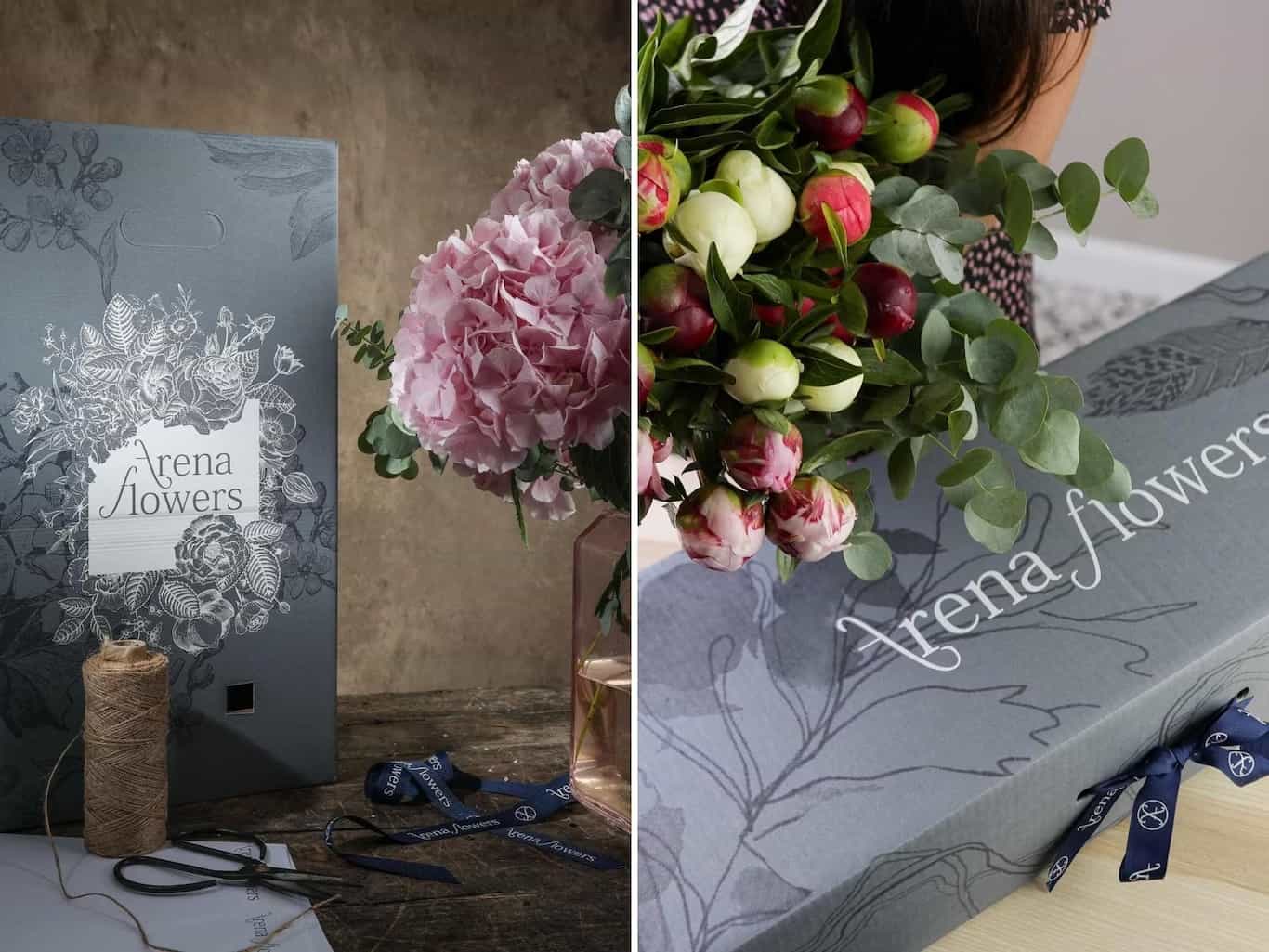
3. Stop buying single use handwash
Sick of slimy soap? Milly & Sissy have put their hands up to help make our handwashing routine more eco-friendly.
This plastic free skincare brand reduce the need to transport water to make handwash by sending out dried powder in compostable pouches and a gorgeous reusable bottle for you to mix up your own scented handwash at home. Their ingredients are 99% natural and they only work with ethical suppliers.
Anything with a plastic pump is difficult to recycle so will either end up being burnt or sent to landfill, so reuse them if you have one already and just buy the sachets or ensure you’re investing in a reusable option.
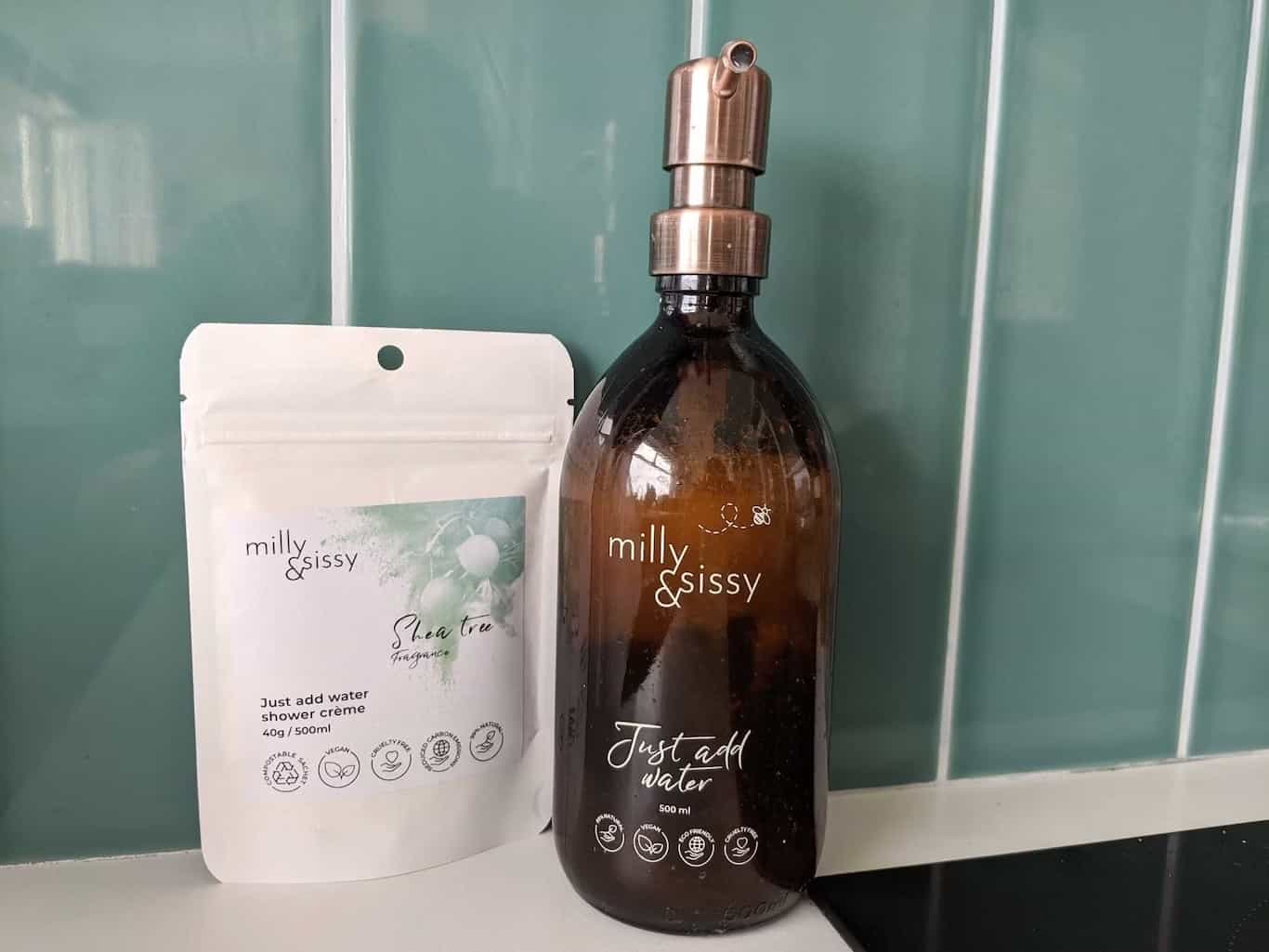
4. Swap to solid, plastic free shampoo
Did you know that over her lifetime the average woman will use between 420 – 500 plastic bottles of shampoo and conditioner?
Who wants to be average … we don’t and we’re sure you don’t either.
The discovery that shampoo is 80% water led KIND2 founder Sue Campbell to leave her corporate career and create a range of high performing, plastic free, solid shampoo and conditioner bars that perform as well as regular shampoo.
Made in the UK and packaged in a compostable cardboard box, all of KIND2’s unisex products are vegan and free from plastic, soap, sulphates, silicones and parabens. Each shampoo bar or conditioner bar lasts as long as 2 – 3 bottles.
10 Reasons To Swap To A Shampoo Bar
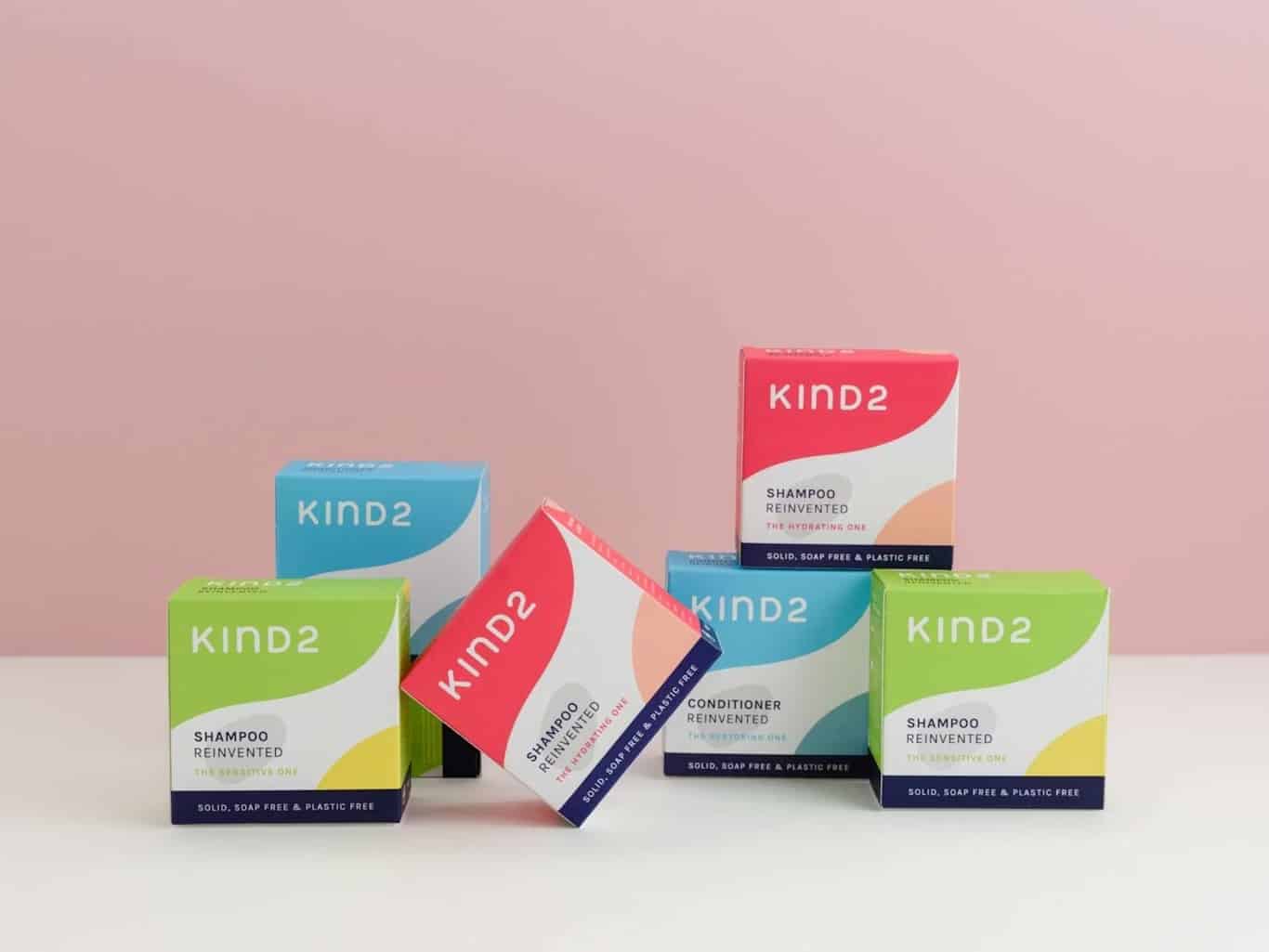
5. Look at your shopping habits
The lockdown has meant for many of us, our shopping habits have changed.
Single use plastic is harder to avoid in some areas but there are some changes that could lighten your plastic load, even after the lockdown has lifted.
Jo Hand, from Giki, suggests “Try a switch to glass bottles for your milk, this means no more waste from plastic milk cartons, and if you have a local milkman, it comes straight to your door.”
Are there local shops you can use for fruit and veg or local produce? Or perhaps try one of the many zero waste companies offering an array of low waste product solutions.
Can you join a veg box scheme to reduce the amount of plastic coated veg from the supermarket?
Even if you’re supporting a nearby bar who are selling local craft beer or wine, that’s going to reduce plastic in the supply chain and air miles.
Plastic Free Shopping: 100+ Best Zero Waste Stores in UK
6. Think about your plastic free style
It’s not just the obvious plastic bottle swaps that we need to look at.
It’s eliminating plastic across industries where we don’t even think about it.
If you’re looking for new jewellery, Seekd’s platform has a whole range of designers working with upcycled materials or ethically sourced metals, so you can feel good about the jewellery you’re wearing.
We particularly like DOA, who use reclaimed metal and glass and are based in London.
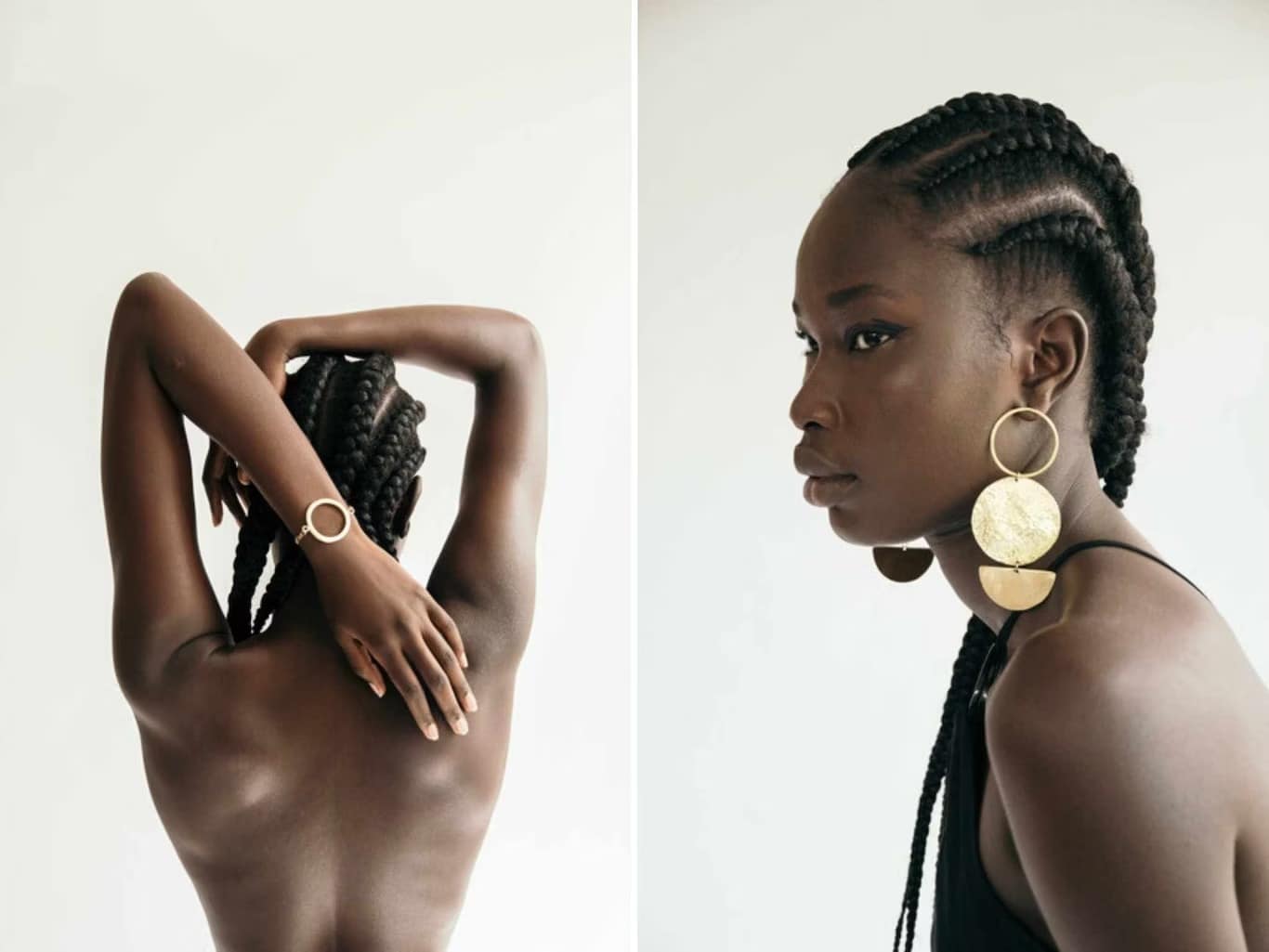
7. Get a handle on just how much plastic you use at home
Join one of the excellent Everyday Plastic surveys and go on a four week assessment and course where you work just how much plastic you throw away in one week, what it is and how to change it.
It’s not shameful or finger pointing, it’s empowering to know where your weak spots are (biscuits) and how you can mitigate these to use less plastic (bake rather than buy more biscuits). Click the link below to find out what happened when I took the survey back in May.
I Took Part In The Everyday Plastic Survey – And So Should You
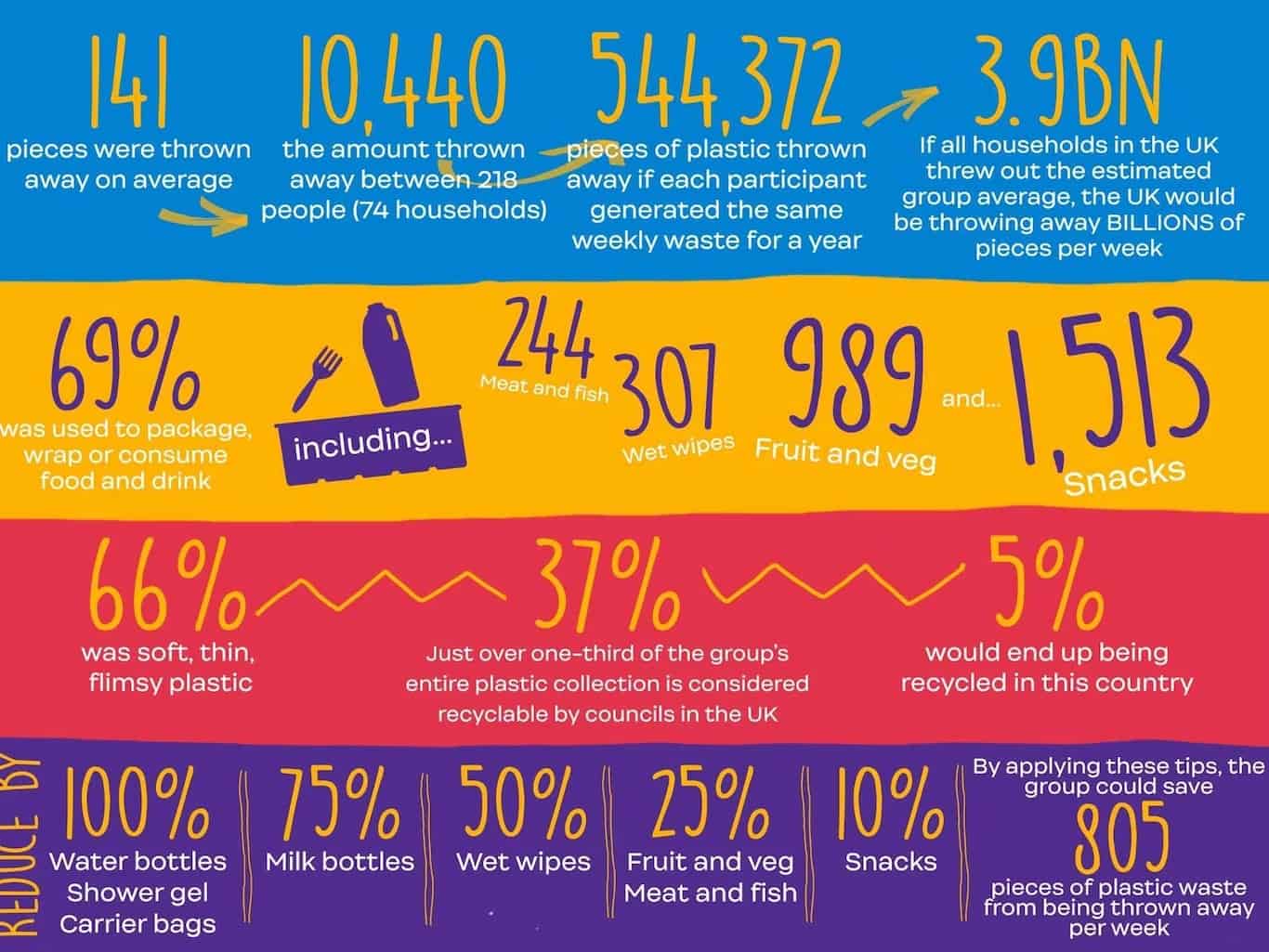
8. Have a plastic free picnic
From single use plastic hummus pots or sandwich wrappers to the endless plastic bottles of soft drink, an impromptu picnic can cause havoc on the plastic waste front.
But it doesn’t have to be this way.
With a bit of planning and investing in some reusable options like beeswax wraps and resusable cups, you can make sure your perfect picnic isn’t adding to the plastic problem. Check out our article below to help you.
Top Tips For A Plastic Free Picnic This Summer

9. Put the kettle on for a plastic free cuppa
Tea. The UK is fuelled on the stuff, especially this year, but not all tea is the same and it’s not all plastic free either.
Sadly plastic is used to glue teabags together and also in the individual sachets many herbal teas come in.
Here’s our five minute guide to choosing a plastic free tea
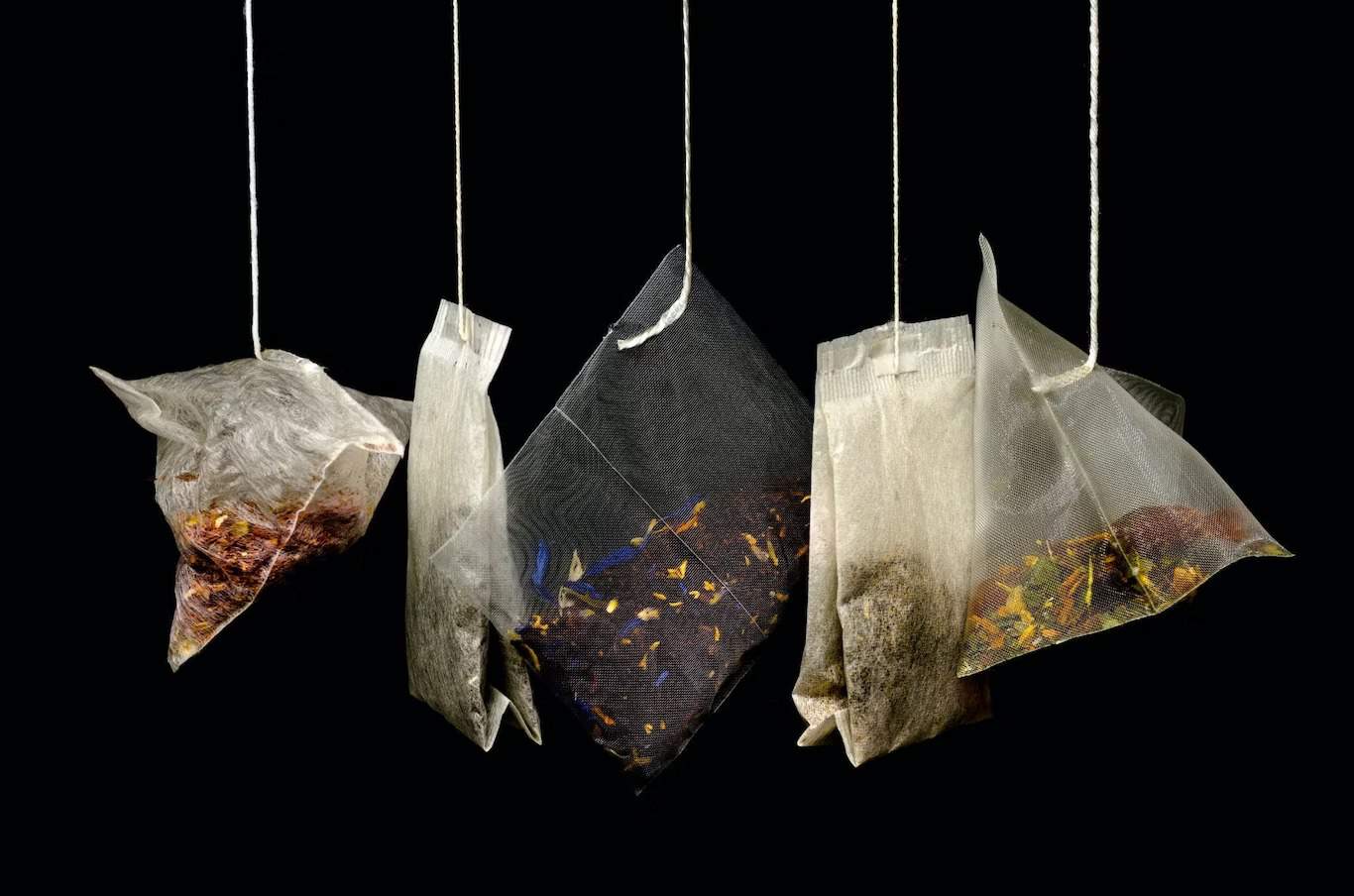
10. When you do travel, don’t resort to single use plastic
Going plastic free at home is hard but do-able, travelling and being plastic free can be more challenging.
But it doesn’t have to be, with a bit of planning, especially if you’re not flying.
Taking your own (plastic free) toiletries or reusing old bottles, packing the reusable water bottle and cup (even if you only use them while camping or glamping), making sure you’ve got endless tote bags, beeswax wraps, silicone ziplock bags and other essentials and you’ll be set for a plastic free holiday.
Remember to pack lots of snacks so you don’t have to buy convienence food covered in plastic and your eco halo will be shining.
5 minute guide: How to travel without using single use plastic

11. Don’t party with single use plastic
As nightclubs and large scale music and sports events return to the UK, don’t put up with being fobbed off with single use plastic glasses and cups.
Take your own or ask the promoter or events organiser what their policy is on single use plastic.
More events are moving towards reusable plastic cups and glasses but if you’re disappointed, let them know post-event and ask them to make a change.
How UK Nightlife Could See A Plastic Free Revolution

12. Get rid of plastic in your skincare routine
Had enough of the plastic pots, tubes, lids, bottles and so on in your skincare and haircare routines?
Swap to plastic free beauty with our super, new Sustainable Skincare Guide – available for free as a download you can keep and refer back to.
To finding plastic free beauty brands to reusing and recycling plastic containers, we’ve got you covered.
Sustainable Skincare: Everything You Need To Know In One Handy Free Ebook
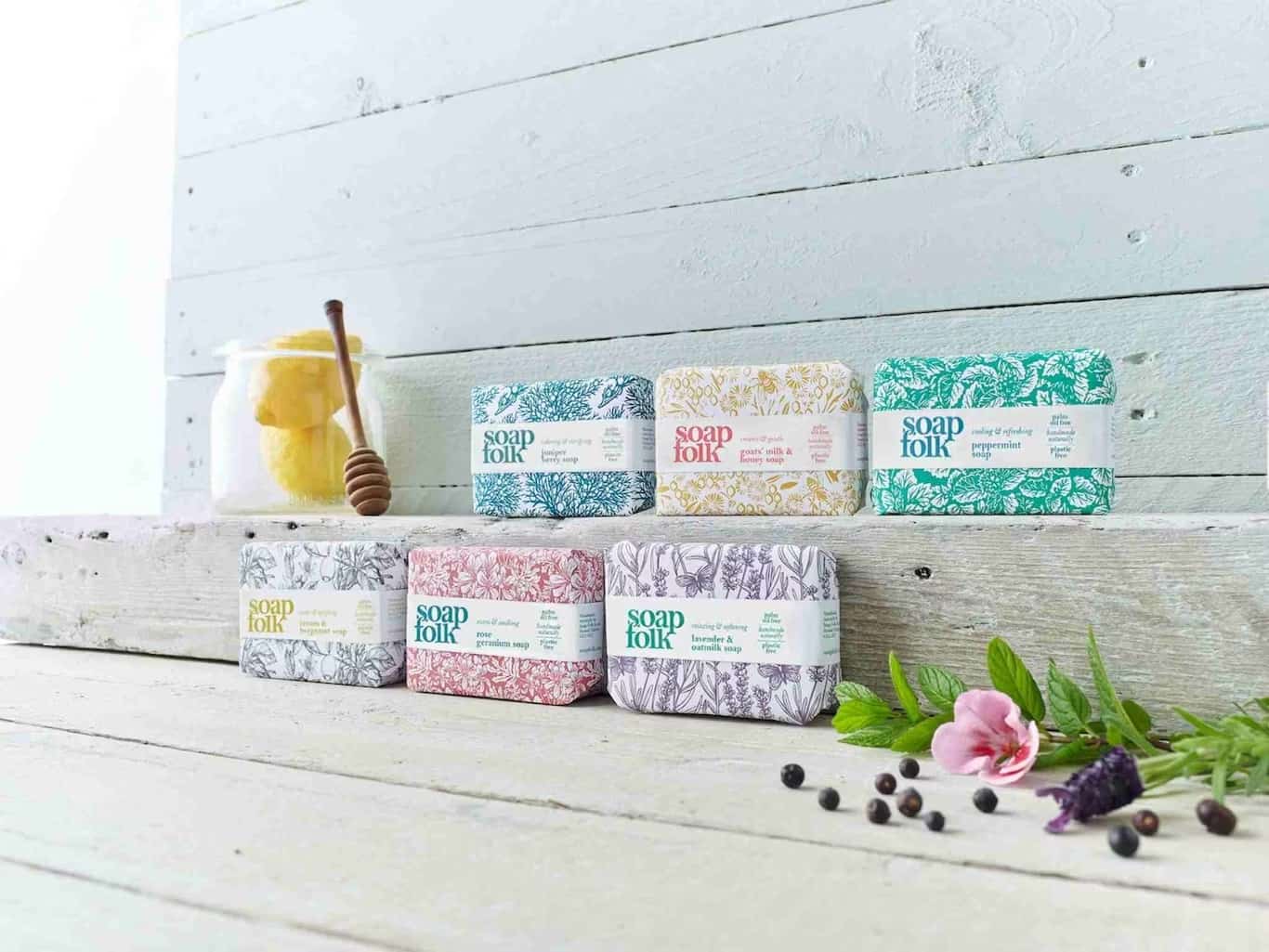
What do you think?
What other plastic free tips or swaps are you undertaking this month?
Share what’s working for you in the comments below!





